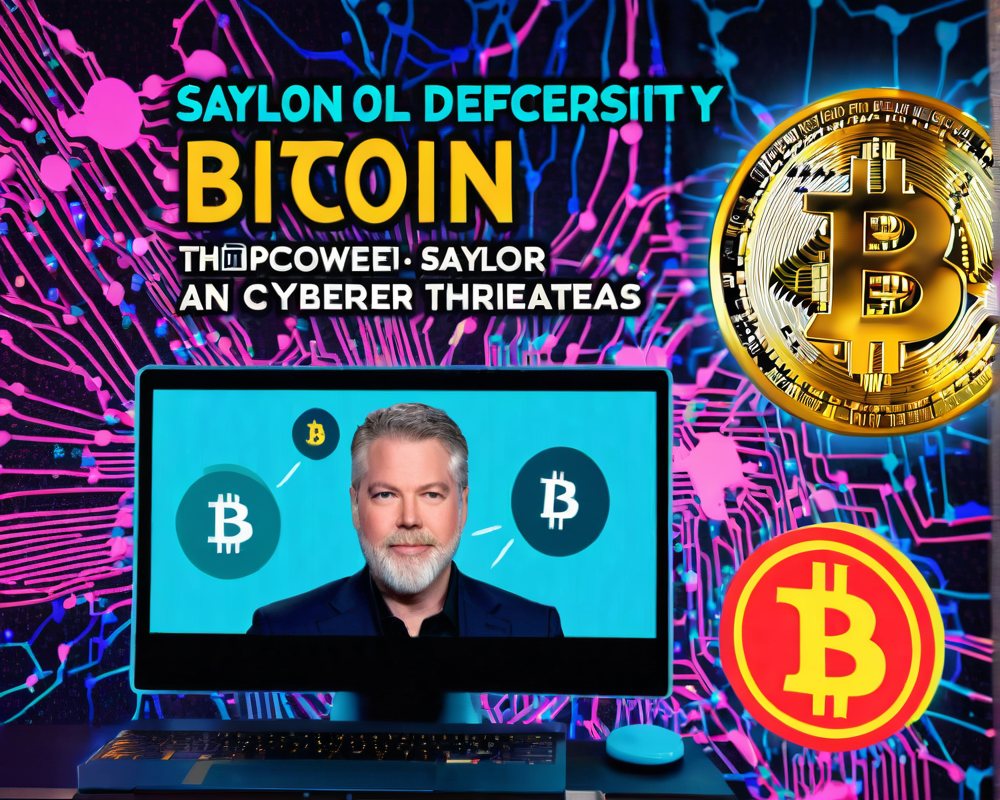The Digital Battlefield: AI and Fake Accounts
In a world where social media is overrun by automated accounts, the problem has escalated dramatically. According to Michael Saylor, **executive chairman of MicroStrategy**, there’s a digital civil war brewing, fueled by an avalanche of fake accounts. Saylor boldly asserts, “The risk in cyberspace is I can spin up a billion fake people, and I can create a civil war by having the fake Republicans hate on the fake Democrats.” Sounds like a plot twist from a sci-fi thriller, doesn’t it?
Why Bitcoin Might Be Our Cyber Hero
Saylor champions Bitcoin as the superhero in combating these threats. He suggests that the decentralized network of Bitcoin can help curb the misuse of AI in creating deepfakes and fake identities. He argues that **decentralized identities (DIDs)** could serve as a viable solution. DIDs are like your online identity’s superhero disguise—self-owned and full of trustworthiness that ensures verified data exchange.
The Cha-Ching Factor: Costs of Chaos
Imagine launching a billion Twitter bots; sounds easy, right? Nope! Saylor explains the financial hurdle, stating, “If someone wants to launch a billion Twitter bots, that’s going to cost them a billion transactions.” The idea here is to introduce some financial gravity into the chaotic world of cyberspace. Make it expensive to create trouble, and just like that, the troubadours of turmoil might rethink their strategy.
Innovative Collaborations in Digital Trust Solutions
MicroStrategy isn’t alone in this endeavor. With various players joining the field, there’s a wave of innovation in tackling digital trust challenges. Saylor’s company collaborates on encrypted signatures that could protect user identities online while **Sam Altman**, CEO of OpenAI, is busy developing technology for proof of personhood with his project called **Worldcoin**. They recently celebrated a $115 million funding round, which is enough to make anyone believe that there’s a future when your identity could be verified sans compromising your data.
Polygon’s Decentralized Identity Breakthrough
And speaking of innovation, layer-2 protocol **Polygon** has jumped aboard the decentralized identity train too! Launched with the power of zero-knowledge proofs (ZK proofs), this tech allows users to verify their identity online without waving their sensitive information around like a flag. By doing this, they ensure safety in the digital space.
Conclusion: Is a Trustworthy Digital Future Possible?
As these tech initiatives roll out, it raises an interesting question: Can Bitcoin and decentralized technologies create a safer online space? If companies can successfully implement these solutions, perhaps we’ll finally be able to strike a blow against the lurking threats of deepfakes and robotic shenanigans in our digital lives.




